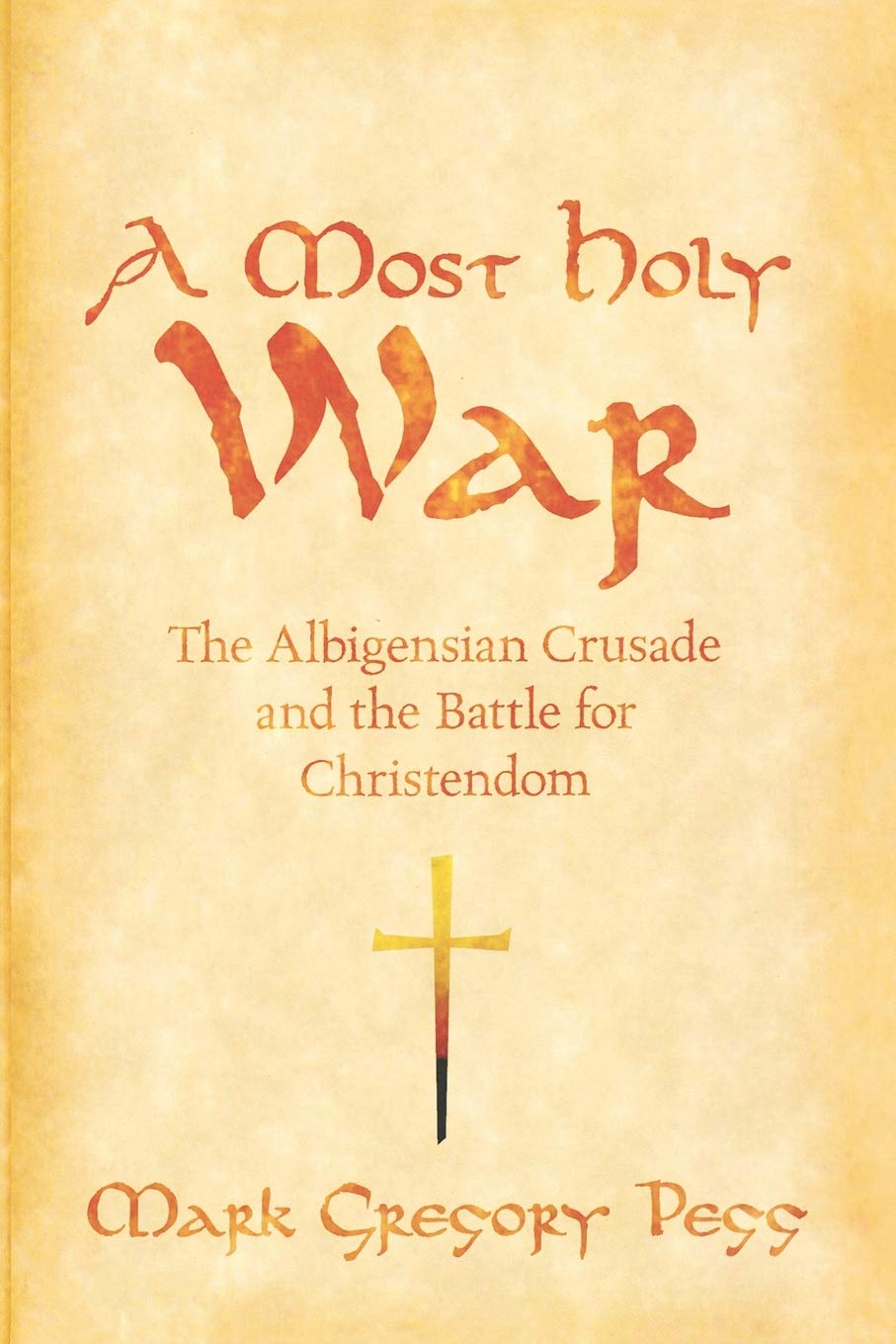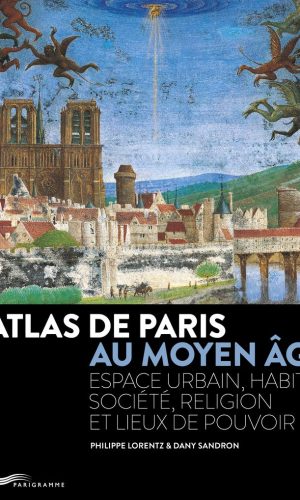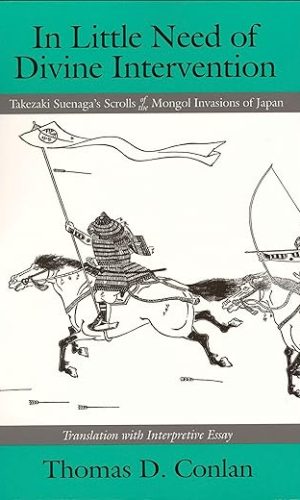A Most Holy War: The Albigensian Crusade and the Battle for Christendom (Pivotal Moments in World History)
£11.40
The Albigensian Crusade, the first in which Christians were promised salvation for killing other Christians, lasted twenty bloody years–a long savage war for the soul of Christendom. In A Most Holy War, historian Mark Pegg has produced a swift-moving, gripping narrative of this horrific crusade. Pegg draws in part on thousands of testimonies collected by inquisitors in the years 1235 to 1245, accounts of ordinary men and women remembering what it was like to live through such brutal times. In responding to heresy with a holy genocidal war, Innocent III fundamentally changed how Western civilization dealt with individuals accused of corrupting society. This change, Pegg argues, led directly to the creation of the inquisition, the rise of an anti-Semitism, and even the holy violence of the Reconquista in Spain.
“A bold, erudite, engaging, and superbly written study of what has long been one of the most central topics in medieval and Mediterranean history.”
–Teofilo F. Ruiz, Professor of History, UCLA
Read more
Additional information
| Publisher | Illustrated edition (28 Jan. 2008), Oxford University Press, U.S.A. |
|---|---|
| Language | English |
| Paperback | 288 pages |
| ISBN-10 | 0195393104 |
| ISBN-13 | 978-0195393101 |
| Dimensions | 2.29 x 14.73 x 22.61 cm |







by Dsf
Two modern historians – Robert Moore and Mark Gregory Pegg – have revolutionized our understanding of medieval heresy and its context. As Robert Moore said in his ‘The War on Heresy’ every work on the subject between c.1250 and c.2000 has been based upon a fundamentally false premise. Moore and Pegg have done a marvellous job of revisionism that is a model for all historians in every field.
‘A Most Holy War’ is a part of this complete re-construction of the ‘Albigensian’ episode. Anyone interested in the Middle Ages should read this book.
by Pillowtail
I give this two stars because its premiss to start with was good; that is, the “cathars” are an invention of the later inquisitors that has had an unfortunate progeny down the centuries and especially so since the 20th century phantasy seized on the Albigensian Wars. My issue is not with the premiss but with the style and with the polemical intention of the author. First, the style; which is melodramatic and tedious to say the least. The leitmotiv of monks and friars is that whenever there is about to be a massacre they start singing veni sanctae spiritus. Honestly, didn’t they have any other hymns in their repertoire? The sheer tedium of this and other instances such as to walk like Him, etc., just get in the way of actually telling the facts impartially. Second aspect of the style is that it is written in an impressionist / melodramatic novelist way. The author tries to head off this criticism in the preface with a lame statement to the effect about different styles of writing history – seeking an indulgence that we should accept a less than satisfactory expose of the facts. This grates because the author obviously knows his background material very well. I was left wondering, if only he had written it so that we could understand the experience and history fully and not the piecemeal stunted and repetitive version he decided was for our benefit. Which brings me neatly to the second criticism I have and that is the polemic intent. He wants to educate us to his way of thinking which then colours the presentation of the facts. As a single, and disturbing instance, he describes a papal envoy as “being all too easily murdered”. I don’t know what you think of blaming the victim of a crime for their being the victim of the crime To me, this is so patronisingly patriarchal, and destroys the polemic with its own sword. What I mean is, if you blame the victim for being killed or similar heinous acts against their person, then why not blame the Albigensians too for being slaughtered by the evil brute Simon de Montfort? Its a two edged sword, this blame game and whilst the thrust of the writing rarely falls to such egregious levels later in the book, the colour of the polemic is stained by it.
by Alison Moore
This remarkable account of the so called Cathars is heart-wrenching, fascinating and profoundly revisionist. An exemplary model of the capacity of brilliant scholars to completely overturn historiographic myths through a return to close source reading. Pegg evokes a truly alien world and demonstrates more than any other historian of the first inquisition just what a tragedy of fantasmagoric violence it was.
by Tim Owston, York
This arrived in excellent condition when it should have done and at an excellent price.
by ralph the reader
No quibble with the content of the book, but I have serious issue with the edition. This book is supposed to be published by the Oxford Univerity Press and as such I’d expect a reasonable quality edition. Instead my copy appears to be a poor quality reproduction of the “real thing” and sure enough I frind on the back page: “Printed In Poland by Amazon Fulfillment”. So it is a poor quality reproduction! I wonder if the author, Mark Pegg and the OUP know that Amazon is selling this sort of sub-standard product? Substandard to the extent that the text is fuzzy and the maps virtually unintelligible. I wonder if this is some kind of scam?
by Carole Bowes
Will help me in my course work.
by Mark Dustin
Fantastic book for both the historian and laymen , easy to read with excellent bibliography and quotations , easily the best volume I have found on this subject , and bang up to date research.